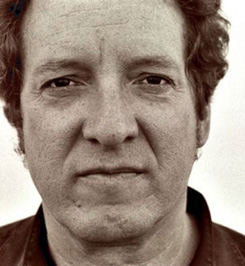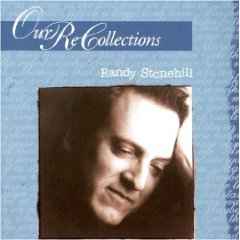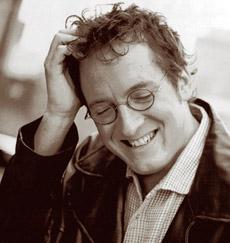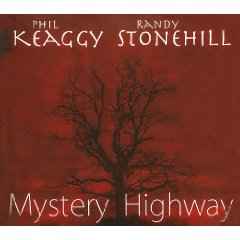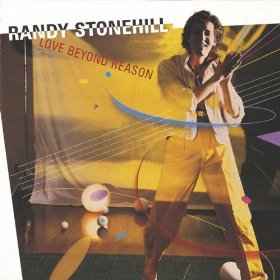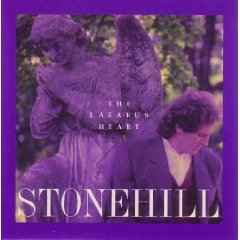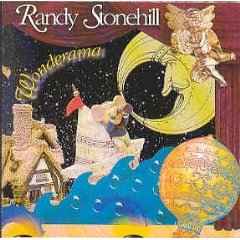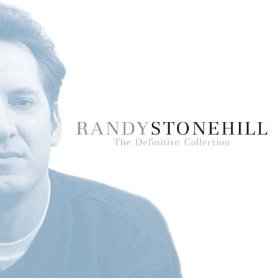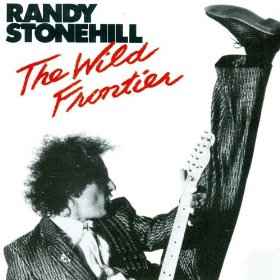Randy began playing guitar at the age of ten. He was successful in area talent competitions and put together his first band at the age of 15. By 1969 the 16-year-old Stonehill was interested in pursuing a career in music.
|
Melding his honest lyrics of faith, struggle and hope with rootsy folk-rock music, in 1970 Randy took tutelage under his friend and fellow Jesus Rocker Larry Norman. Considered too “Christian” for the mainstream and too “Rock and Roll” for the church, Randy has blazed trails that are now easily traveled by Christian musicians, influencing countless young fans and future artists along the way.
The first decade of his career saw him release a string of records with Norman ’s help, including the groundbreaking and massively influential Welcome To Paradise album of 1976. Randy’s deft touch with a lyric, his unique and engaging voice and his endearing wit and spirit made him an early and long-time favorite of thousands. |
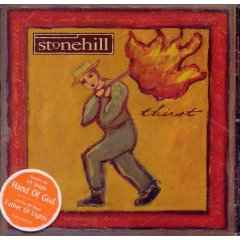 |
In the 80’s Randy developed further as one of the premier artists in the emerging “contemporary Christian music” subculture via a long-term relationship with Myrrh Records and a string of critically acclaimed and commercially successful albums, including Equator, Celebrate This Heartbeat, Love Beyond Reason, and Return To Paradise. Rock fans loved his commitment to guitars, hooks and classic sounds, and his lovingly subversive humor. Christian radio embraced his ballads and pop ditties for their spiritual meat and their irresistible tunefulness. Live audiences packed into churches, schools and theaters where the songsmith would leave them laughing, thinking and humming all at once, night after night. Compared favorably to veteran rock and pop artists like Bruce Springsteen, James Taylor, Paul McCartney and Elton John, Stonehill seemed to get better with age.
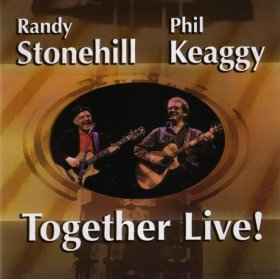
The nineties saw Randy Stonehill stay his course as a thoughtful, organic singer-songwriter despite massive changes in the industry he had inadvertently helped to birth. Continued incessant live performances and a string of the most acclaimed records of his career dominated the third decade of the southern California native. With his 1991, Terry Taylor produced masterpiece Wonderama, and his 1998 Rick Elias-produced classic Thirst, Stonehill grew elegantly into one of the true statesmen of contemporary Christian music.

With the new century, Randy embarked on some interesting projects that were marked departures. These included a 2001 children's album called Uncle Stonehill's Hat, developed for fans who were now coming to his performances with their children. Fans came to label his sillier songs with a satirical bent his "Uncle Rand" songs. He released the project on his own Holy Sombrero label. "We're not sure how God might grow the vision for this aspect of my music," he said on his official website. "We're really casting our bread upon the water as it were." He told ChristianityToday.com the project had "come very naturally for me."
Edge of the World, released in 2002, gathered old and new songs in an attempt to replicate Randy’s live performances. ChristianityToday.com called him "one of Christian music's best live entertainers ... the quintessential troubadour."
